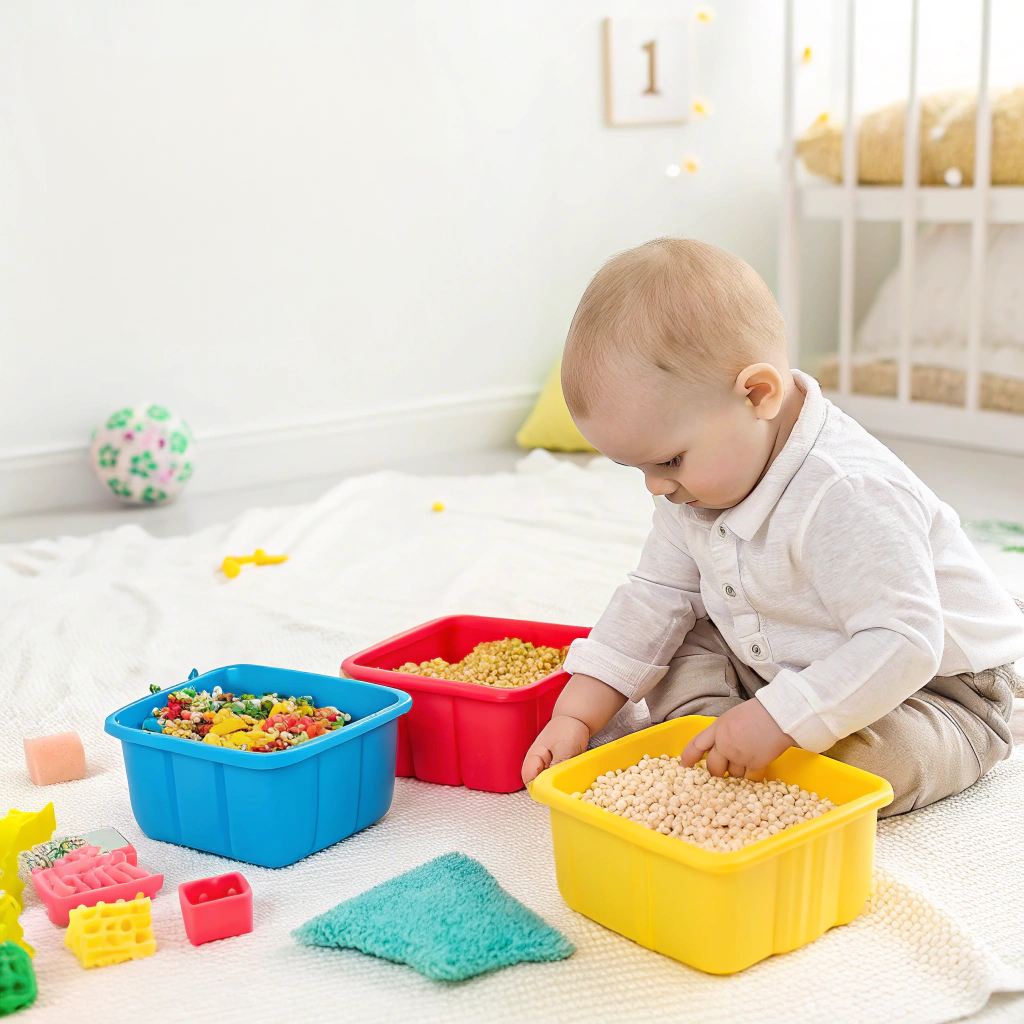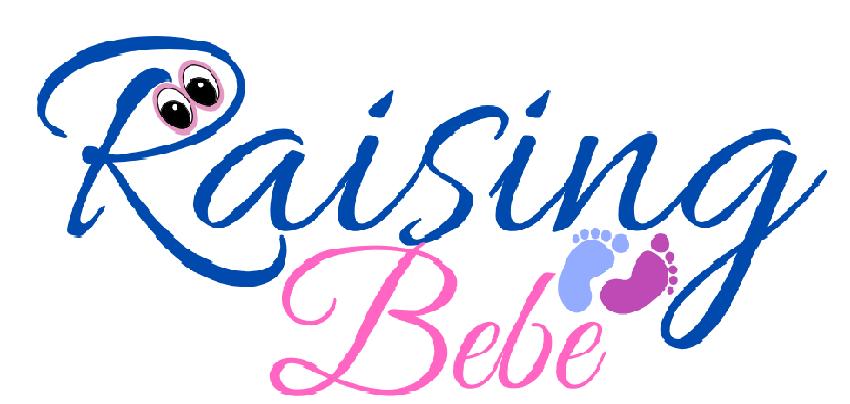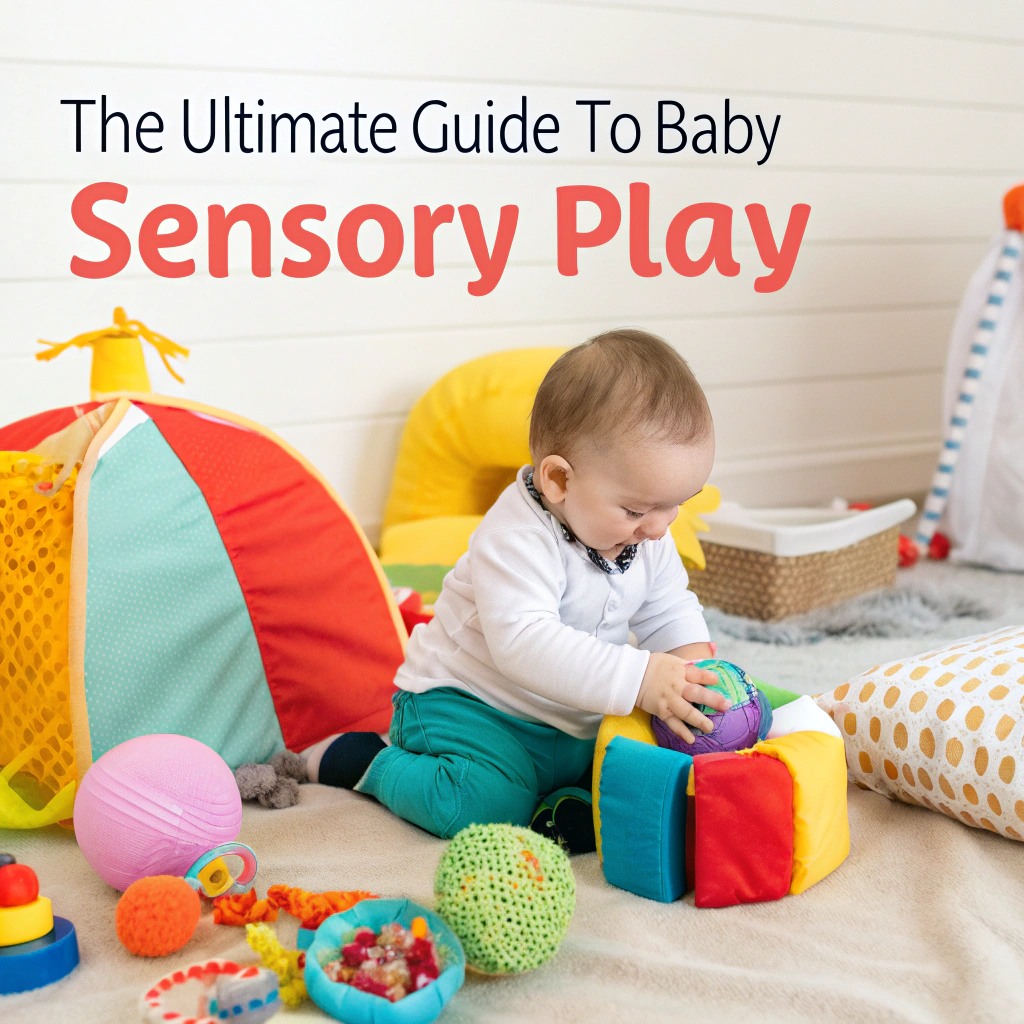Baby sensory play is essential for your little one’s growth, helping them explore the world through touch, sight, sound, and movement. Engaging in sensory activities boosts cognitive development, fine motor skills, and creativity. In this ultimate guide, you’ll discover fun and easy ways to incorporate baby sensory play into daily routines, using simple toys and household items to create a stimulating environment.
Understanding Sensory Play
Sensory play involves activities that stimulate a baby’s senses, including touch, taste, smell, sight, hearing, and movement. These activities help babies develop their cognitive and motor skills while fostering curiosity and exploration. It can be as simple as playing with textured fabrics, listening to soothing sounds, or exploring different temperatures through safe materials.
Benefits of Baby Sensory Play
- Enhances Brain Development: Stimulating different senses helps create neural connections, boosting cognitive growth.
- Improves Motor Skills: Activities like grasping textured objects or splashing water strengthen hand-eye coordination and fine motor skills.
- Encourages Language Development: Hearing new sounds and feeling different textures help babies associate words with experiences.
- Boosts Emotional Regulation: Sensory play can be calming, helping babies manage emotions and reduce stress.
- Develops Social Skills: Interactive play encourages bonding and communication with caregivers.
- Increases Problem-Solving Skills: Babies learn cause and effect through sensory exploration, which helps develop early problem-solving abilities.
Fun and Engaging Activities

1. Tactile Play with Textured Objects
Let your baby explore different textures using soft fabrics, rough sponges, or rubber toys. This helps develop their sense of touch and improves sensory discrimination. For example, create a sensory board with different materials like felt, silk, and sandpaper to encourage exploration.
2. Water Play
Fill a small tub with warm water and add floating toys. Splashing and feeling water enhances sensory exploration and coordination. You can also introduce safe kitchen items like measuring cups or spoons to encourage grasping and pouring motions.
3. Sound Exploration with Musical Toys
Introduce rattles, bells, or soft musical instruments to help babies recognize different sounds and rhythms. Singing lullabies or playing gentle classical music can also help soothe and engage your baby.
4. Taste and Smell Play
Use safe, edible items like mashed fruits or yogurt to let your baby explore different tastes and smells. You can also introduce aromatic herbs like basil or mint for a mild olfactory experience, helping develop scent recognition.
5. Visual Stimulation with High-Contrast Toys
Babies love bold colors and patterns. High-contrast books, toys, and mobiles encourage visual development. You can also create a DIY black-and-white card set to capture your baby’s attention and stimulate early vision processing.
6. Mess-Free Sensory Bags
Fill a sealed plastic bag with colorful gel, water beads, or glitter and let your baby squish and press it. This provides tactile exploration without creating a mess while also improving fine motor skills.
7. Nature Exploration
Take your baby outside to feel grass, hear birds chirping, and see the movement of leaves. Natural elements provide rich sensory experiences and fresh air benefits overall well-being.
Safety Tips for Sensory Play
- Always supervise your baby during playtime.
- Use non-toxic, baby-safe materials.
- Avoid small objects that could be a choking hazard.
- Keep play areas clean and clutter-free.
- Be mindful of allergies when using food-based sensory items.
- Test new sensory materials on a small patch of skin to check for sensitivities.
Conclusion
Baby sensory play is a fun and essential part of early childhood development. By incorporating sensory activities into daily routines, you can support your baby’s growth and learning in an engaging way. Try different activities and observe how your baby responds, adapting play to their interests and developmental stage. Sensory play strengthens cognitive, emotional, and social skills while making playtime enjoyable and enriching.

